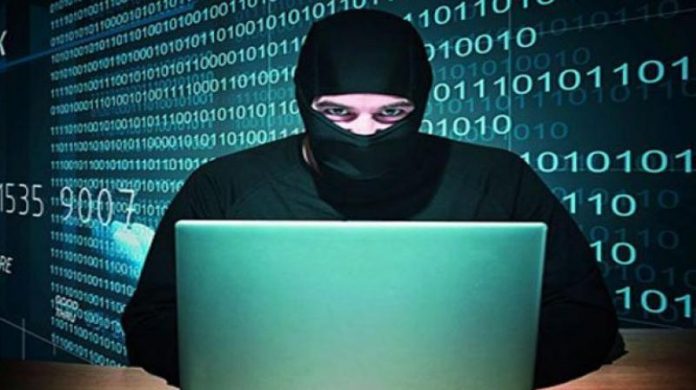Russian spammer and hacker Peter Levashov extradited to United States.
Russian programmer Pyotr Levashov —who the U.S. Justice Department says is one of the world’s most sophisticated hackers—was handed to U.S. Marshals, Spain’s National Police said.
The Justice Department and Mr. Levashov’s Spanish lawyer didn’t respond to requests for comment. During court proceedings, the 37-year-old Russian had fought against his possible extradition, saying he feared he would be drugged and tortured once in U.S. custody.
Mr. Levashov was arrested in April while vacationing in Spain with his wife and son. At the time, U.S. authorities accused him of operating a vast network of compromised computers for malicious purposes. The Justice Department said Mr. Levashov allegedly spread a potent malware known as Kelihos since about 2010, harvesting login credentials, and gaining control of hundreds of thousands of computers.
Spain’s National Court approved Mr. Levashov’s extradition to the U.S. in October, rejecting a counter-extradition claim filed by Russia.
U.S. authorities have dismissed speculation that Mr. Levashov’s case was related to investigations into alleged foreign interference in the 2016 U.S. elections. Still, it is emblematic of a series of extradition battles pitting Washington against Moscow in third countries.
In addition to Mr. Levashov, three other alleged Russian hackers have been arrested in Europe on U.S. warrants in recent months, one in the Czech Republic, one in Greece and another one in Spain.
Russia’s Foreign Ministry has criticized the arrests, saying the U.S. has engineered a “global manhunt” against its citizens.
Asked why many alleged Russian cybercriminals travel overseas despite the risk of getting caught, a former Russian hacker said: “High IQ doesn’t protect you from doing stupid things.”
































